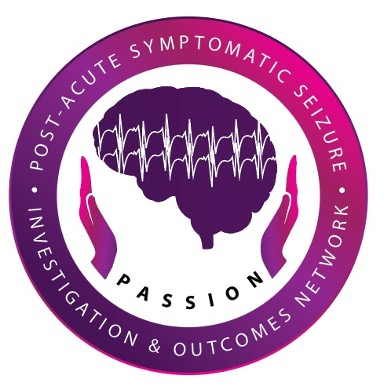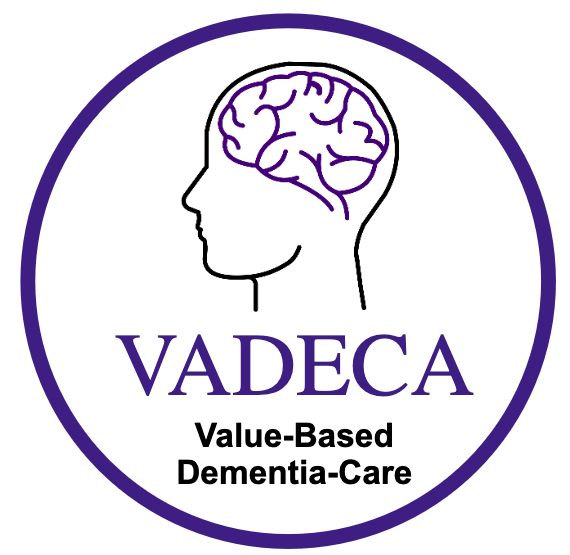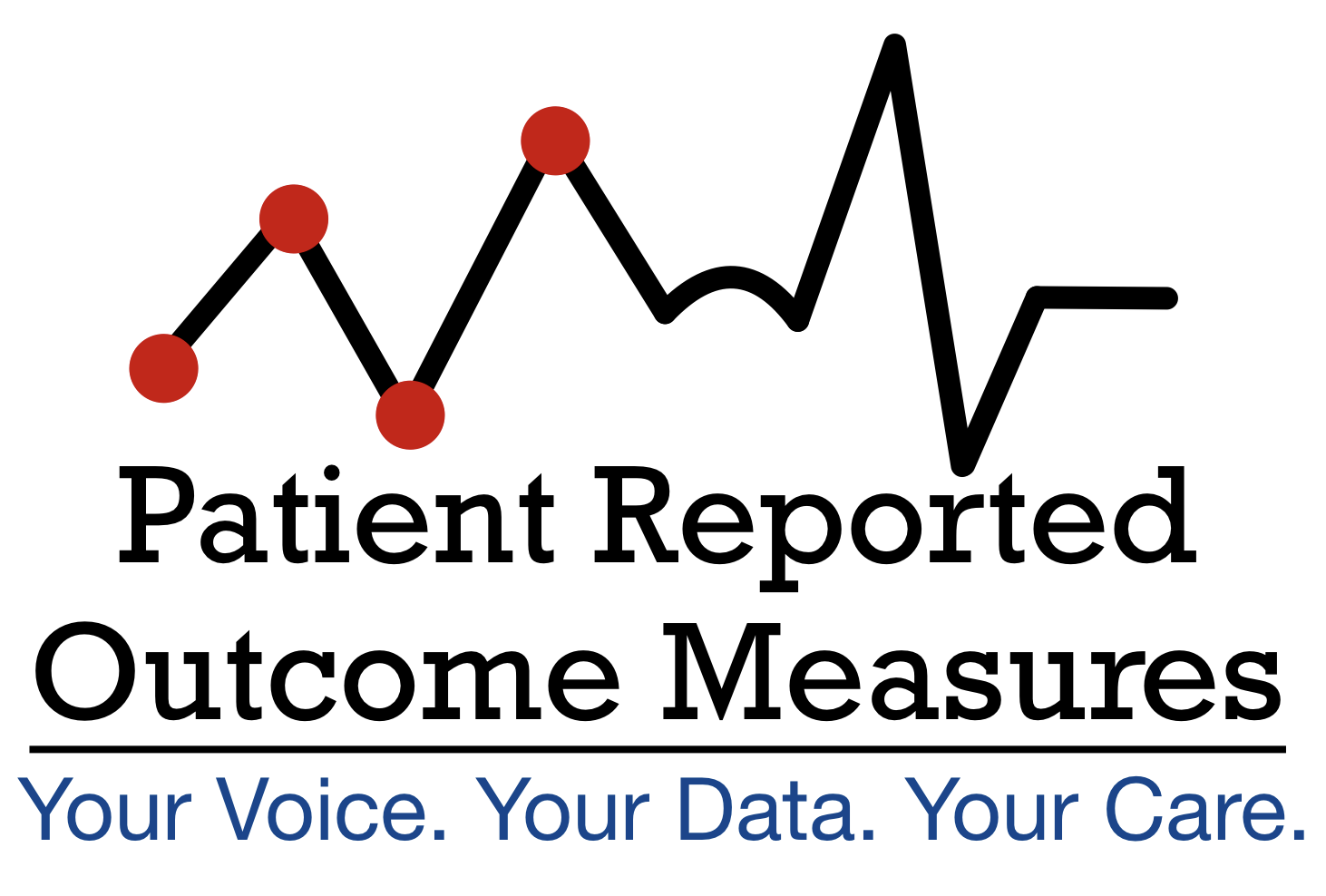Center for Value-Based Health Care and Sciences
Our Mission
Through a joint commitment to research and clinical care, we aim to develop and implement health-care delivery models that improve quality of care, patient experience, patient-generated outcomes, and health-related quality of life across care delivery settings. We achieve our mission in three ways:
Value-based Care (Real-Life Implementation)
We continuously gather evidence from learning health systems and apply that evidence to clinical care through practice innovation that can have a real impact on patient-reported outcomes. We accomplish this through collaboration and engagement with our patients, leveraging the Mass General Brigham Patient-Reported Outcomes Program and the Mass General Brigham Virtual Care Program.
Valid Information (Economic & Policy Analysis)
We collect accurate measurements of Value (patient-reported outcomes or system’s quality/costs) and uncover opportunities for innovation with state-of-the art population health science approaches and attention to the impact of economic and policy changes on the quality of data and care. This approach aligns and leverages the data, infrastructure, and expertise of the MGH Clinical Data Animation Center (CDAC) and the Center for Economics & Policy Analysis (CEPA) at the Mongan Institute.
Education & Dissemination
We support and instruct investigators interested in Population Health Sciences, such as Clinical Epidemiology, Quality Assessment, Causal Inference, Comparative Effectiveness and Cost-effectiveness.Our Systems
We translate lessons from clinical discovery, performance evaluation, and QI efforts into clinical care innovation through collaboration and engagement with our patients, caregivers, and patient-centered community centers. These systems utilize principles translatable to any clinical specialty to enhance health care delivery by implementing patient-reported outcome measures, identifying variations in outcomes and access to health interventions across demographic factors, and targeting health inequities.
 Epilepsy Learning Health Care System (ELHS): The goal of this learning healthcare system is to design and implement a network of co-production that will improve outcomes for people with epilepsy and their families/ caregivers through improved quality of life, seizure control, and seizure freedom.
Epilepsy Learning Health Care System (ELHS): The goal of this learning healthcare system is to design and implement a network of co-production that will improve outcomes for people with epilepsy and their families/ caregivers through improved quality of life, seizure control, and seizure freedom. Post-Acute Symptomatic Seizure Investigation & Outcomes Network (PASSION): The goal of this system is to create a data registry to evaluate the prevalence of late onset epilepsy and long-term neuro-cognitive outcomes in patients with symptomatic seizures or abnormal EEG patterns after an acute brain injury or systemic illness.
Post-Acute Symptomatic Seizure Investigation & Outcomes Network (PASSION): The goal of this system is to create a data registry to evaluate the prevalence of late onset epilepsy and long-term neuro-cognitive outcomes in patients with symptomatic seizures or abnormal EEG patterns after an acute brain injury or systemic illness.
 Value-Based Dementia Care Pilot (VADECA): The goal of this system is to create a pre-screening approach for signs of cognitive problems to reduce delays in recognition, alignment of healthcare resources, and the examination of determinants of delays between signs of cognitive problems and care received.
Value-Based Dementia Care Pilot (VADECA): The goal of this system is to create a pre-screening approach for signs of cognitive problems to reduce delays in recognition, alignment of healthcare resources, and the examination of determinants of delays between signs of cognitive problems and care received.
 Neurology Patient-Reported Outcomes Program: We aim to improve the collection and utilization of PRO data endorsed by guidelines as measures of care quality and report it to agencies and national registries focused on preparing our local systems for new value-based reimbursement models.
Neurology Patient-Reported Outcomes Program: We aim to improve the collection and utilization of PRO data endorsed by guidelines as measures of care quality and report it to agencies and national registries focused on preparing our local systems for new value-based reimbursement models.
Our Leadership
Our Center is directed by Drs. Lidia Moura and Sahar Zafar. Dr. Moura is a neurologist, epidemiologist, and health services researcher at Mass General and Associate Professor of Neurology at Harvard Medical School. Dr. Zafar is a neurointensivist and clinical neurophysiologist at Mass General and Assistant Professor of Neurology at Harvard Medical School.
-
![]()
Lidia Maria Moura, MD, MPH, PhD
- Associate Professor of Neurology, Harvard Medical School
- Associate Professor of Epidemiology, Harvard T.H. Chan School of Public Health
- Director, Population Health, Department of Neurology, Massachusetts General Brigham
-
![]()
- Medical Director, Inpatient Neurology
- Co-Director, Center for Value-based Health Care and Sciences
- Associate Professor, Harvard Medical School
Neurology Research at Mass General
Explore current research projects in the Department of Neurology or search our open clinical trials and medical research studies.
Support Our Work
Philanthropic support for the Center for Value-Based Health Care and Sciences is critical to patient care, research and education. Please consider a gift to support our work today.


